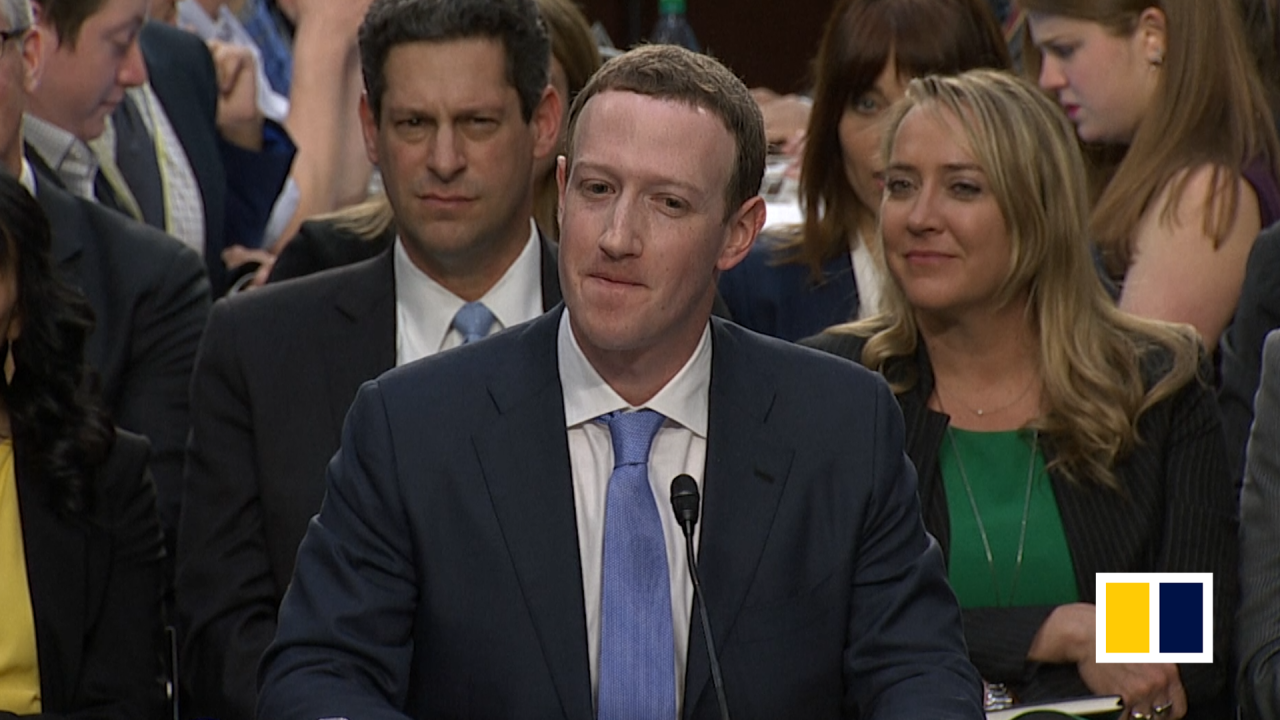
Letters | WhatsApp controversy highlights importance of looking before you click
With WhatsApp’s announcement that its new privacy terms reserve the right to share some user data with its parent Facebook, many social media users and influencers, especially in Hong Kong, have encouraged each other to move to Signal. About 810,000 users globally installed Signal on January 10, a nearly 18-fold increase compared with the download numbers on January 6. It appears that people do care about the privacy of their data on the internet.
Technology has developed rapidly over the past few decades, and it benefits us in an array of ways. However, we should also consider the potential risks of using the internet and pay attention to security and privacy.
First, we should carefully read the privacy terms when we start using an app or browse a website. People often quickly press the “agree” button instead of reading the terms and conditions as they usually run into pages and tend to be dry. In trying to save time, we should not skip this crucial step as our data may be used and spread without notification consequently.

01:04
Facebook CEO questioned over own privacy in Senate hearing
Besides, it is recommended that we do not provide personal information, such as our address, phone number and ID card number, to websites or social media platforms easily. We cannot be sure who will have the right to own this information and how they will use it.
No matter which app you do use, protecting your privacy and staying alert is necessary.
Elaine Chow, Kwai Chung
Privacy-stealing smart cushion deserved online pounding
The breach of privacy under the guise of goodwill cannot be justified given that the monitoring was done surreptitiously. The employees might not have been aware of what their data was being used for, as introductory information and consent forms were in English. If the cushions really were used to monitor their vital signs, then why was the data shared with the human resources department, as one employee found?
Although the company said the data collected would not be used to review employees’ performance at work and would not affect their salary reviews, many remained suspicious.
There are several alternative ways to promote employee health without being sneaky, such as stipulating an exercise hour. While all companies would prefer employees not shirk work, compromising their privacy and sharing their data is surely unacceptable.
Rainbow Chak, Kwai Chung

